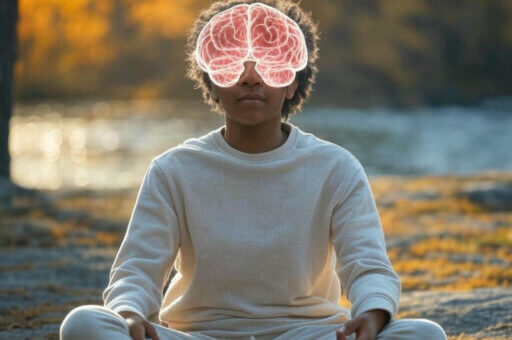Mindfulness: A Guide to Living in the Present
Mindfulness: A Guide to Living in the Present
Blog Article

With never-ending stress, practicing mindfulness has become necessary.
The Meaning of Mindfulness
At its core, mindfulness is about noticing what’s happening in the present moment with full acceptance.
The concept of mindfulness originates from ancient meditative traditions but has been adopted in modern psychology and wellness practices.
Benefits of Mindfulness
Practicing mindfulness can result in various benefits, including:
- **Reduced Stress and Anxiety**
Mindfulness helps you to focus on the now, reducing negative emotions.
- **Stronger Mental Performance**
Regular mindfulness practice sharpens concentration, making it easier to complete tasks efficiently.
- **Better Control Over Emotions**
Mindfulness teaches you to stay calm in difficult situations.
- **Better Sleep Quality**
By practicing mindfulness before bed, you prepare the body and mind.
- **Understanding Your Thoughts and Feelings**
This helps you in making positive changes in life.
Easy Ways to Incorporate Mindfulness into Your Life
Mindfulness can be cultivated in many ways. Here are several simple techniques:
1. **Deep Breathing Exercises**
Take slow, deep breaths, focusing on each inhale and exhale.
2. **Observing Your Body**
This practice promotes relaxation.
3. **Eating with Awareness**
Eat slowly, appreciating the taste, texture, and smell of your food.
4. **Observing Thoughts Without Judgment**
This reduces overthinking.
5. **Connecting with the Outdoors**
Take a walk outside and pay attention to the sounds, colors, and sensations around you.
Common Misconceptions About Mindfulness
Despite its scientific support, mindfulness mindfulness is often viewed incorrectly. Here are some common myths:
- **Mindfulness Means Emptying Your Mind**
Mindfulness is not about eliminating thoughts, but rather about letting them flow naturally.
- **Mindfulness Takes Too Much Time**
Mindfulness can be done anytime, anywhere, even in short, simple ways.
- **You Must Follow a Specific Belief System**
While mindfulness has historical connections to meditation, it is scientifically validated regardless of religion.
Conclusion
Mindfulness is a transformative practice that improves mental well-being.
Why not give it a try? Every moment is an opportunity to be present! Report this page